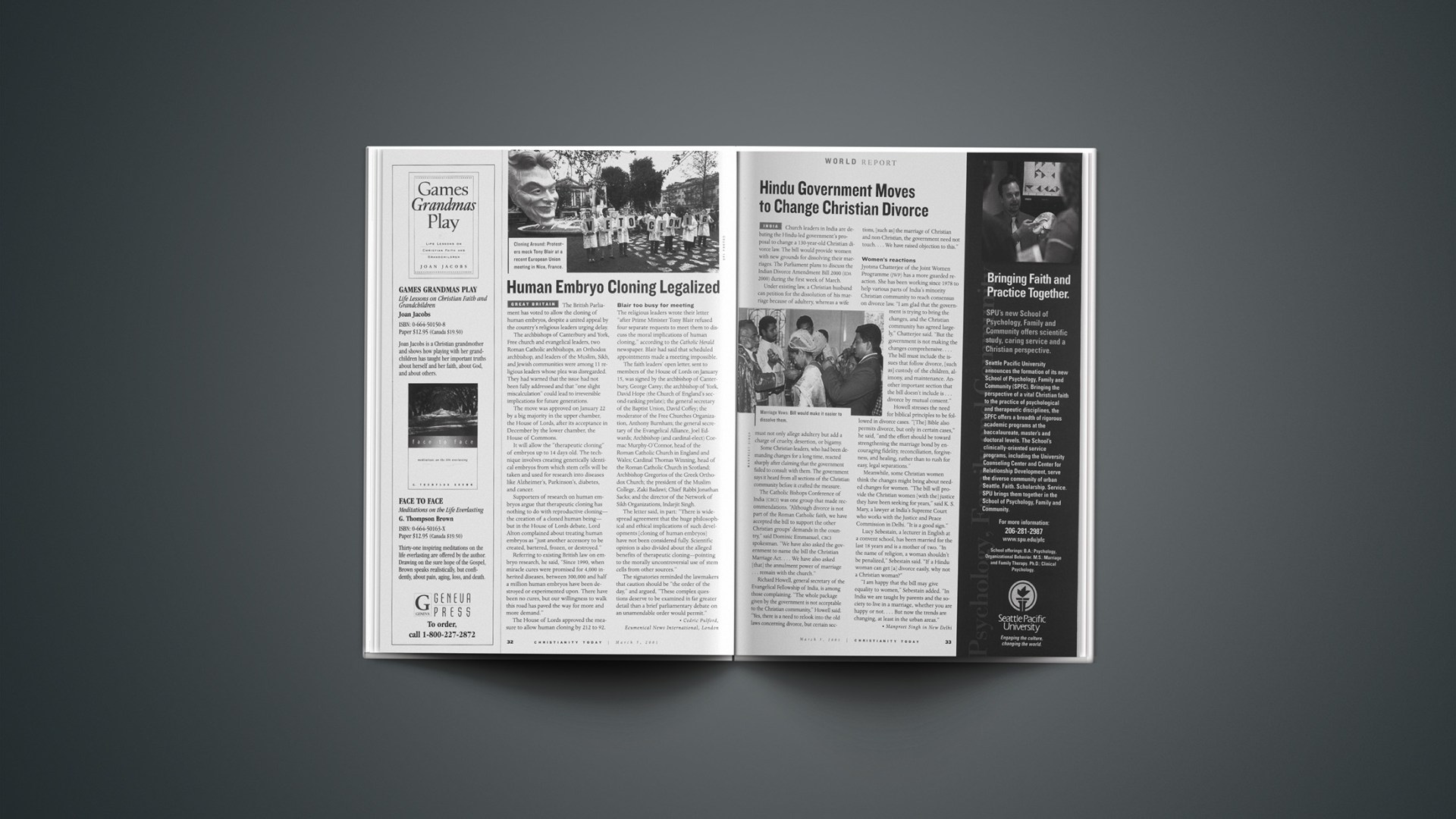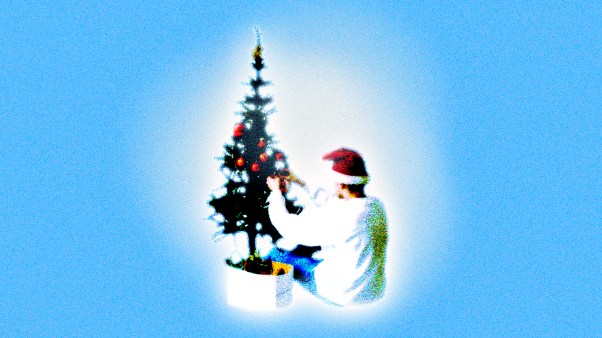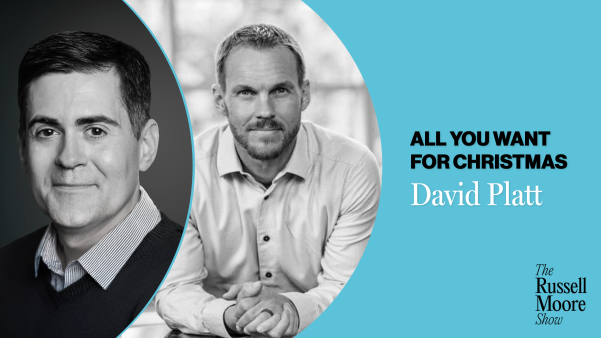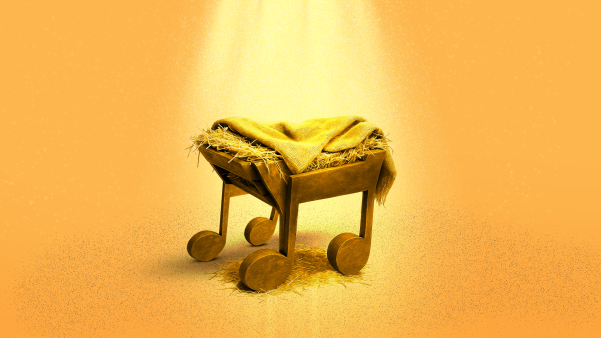The Archbishop of Canterbury, the two most senior Roman Catholic archbishops, an Orthodox archbishop, Protestant officials and leaders of the Muslim, Sikh and Jewish communities were among 11 religious leaders whose plea was disregarded. They had warned that the issue had not been fully addressed and that “one slight miscalculation” could lead to irreversible implications for future generations.
The move was approved on January 22 by a big majority in the upper chamber, the House of Lords, following its acceptance in December by the lower chamber, the House of Commons.
It will allow the “therapeutic cloning” of embryos up to 14-days-old. The technique involves creating genetically identical embryos from which will be taken stem cells for research into diseases like Alzheimer’s, Parkinson’s, diabetes, and cancer.
The technique is similar to that used by the Roslin Institute in Scotland to create Dolly the sheep—the world’s first cloned mammal—in 1997.
Supporters of research on human embryos argue that therapeutic cloning has nothing to do with reproductive cloning – the creation of a cloned human being – but Lord Alton, in the House of Lords debate, complained about treating human embryos as “just another accessory to be created, bartered, frozen or destroyed.”
Referring to existing UK law on embryo research, he said: “Since 1990, when miracle cures were promised for 4,000 inherited diseases, between 300,000 and half-a-million human embryos have been destroyed or experimented upon. There have been no cures, but our willingness to walk this road has paved the way for more and more demand.”
The House of Lords approved the measure to allow human cloning by 212 to 92, a majority of 120. It was a “free vote” – peers were not compelled to vote along party lines – but the government had made it clear that in its view Britain’s world leadership in the field of embryo research depended on the measure being passed.
According to the Catholic Herald newspaper, the religious leaders wrote their letter “after Prime Minister Tony Blair refused four separate requests to meet them to discuss the moral implications of human cloning.” Blair had said that “diary commitments” made a meeting impossible.
The faith leaders’ open letter, sent to members of the House of Lords on January 15, was signed by the Archbishop of Canterbury, George Carey; the Archbishop of York, David Hope (the Church of England’s second-ranking prelate); Archbishop (and cardinal-elect) Cormac Murphy-O’Connor, head of the Roman Catholic Church in England and Wales; Cardinal Thomas Winning, head of the Roman Catholic Church in Scotland; Archbishop Gregorios of the Greek Orthodox Church; the general secretary of the Baptist Union, David Coffey; the moderator of the Free Churches Organization, Anthony Burnham; the general secretary of the Evangelical Alliance, Joel Edwards; the president of the Muslim College, Dr Zaki Badawi; Chief Rabbi, Jonathan Sacks; and the director of the Network of Sikh Organizations, Indarjit Singh.
The letter said in part: “There is widespread agreement that the huge philosophical and ethical implications of such developments [cloning of human embryos] have not been considered fully. Scientific opinion is also divided about the alleged benefits of therapeutic cloning – pointing to the morally uncontroversial use of stem cells from other sources.”
The signatories reminded the lawmakers that caution should be “the order of the day”, and argued: “These complex questions deserve to be examined in far greater detail than a brief parliamentary debate on an unamendable order would permit.”
Dr Carey, who has a seat in the House of Lords, did not vote in the debate. Although before the vote the result was expected to be close, only two of the 26 Church of England bishops and archbishops with seats in the Lords voted.
Another Anglican bishop, Richard Harries, of Oxford, said he deeply respected the position of the Catholic Church, which held that human life must be protected from the moment of conception and that, from the first moment of existence, a human being must be recognized as having the rights of a person. However, he pointed out, that position had only been firmed up in the 19th century. Earlier Christian thought had indicated “an awareness of a developing reality, with developing rights as we would put it.”
Abortion was always regarded as gravely sinful. But there was a distinction in the gravity of the offence depending on whether it occurred before or after the fetus was “formed”. All this began to change in the 19th century when advances in medicine made abortion more possible and safer for women, said Bishop Harries. As a result, the incidence of abortion rose, which was seen as a moral threat calling for dramatic and drastic remedies. Pope Pius IX, therefore, in his Bull of 1869, declared excommunicate all who procured abortion, without any distinction as to whether the fetus was formed, animate or inanimate.
Bishop Harries did not vote on the cloning measure.
Another Anglican who contributed to the debate, Lord Hapgood, former Archbishop of York, said that stem cell research promised medical benefits, but the government’s measure was framed too widely and was potentially open to abuse. He voted against allowing human embryo cloning.
After the debate, Donald Bruce, director of the Church of Scotland’s Society, Religion and Technology Project, told ENI that the British parliament’s decision was “the thin end of the wedge” in the sense that the same technology could be used “illegally and criminally” to clone a human being.
The [Presbyterian] Church of Scotland, in whose heartland the Roslin Institute is located, has built up special expertise in genetic technology, starting even before Dolly the sheep was announced to the world in 1997. Dr Bruce said that in practice attempts to clone human beings would face immense difficulties.
“Animal work has run into welfare problems, and that would be more so with human beings. Nobody in their senses is going to run the risk of producing deformed offspring. The chances of [producing] deformed offspring are greater than of healthy offspring.”
He did not think the British parliament’s decision was “a very significant change”. He explained: “It’s one more step, but the situation was already there once Dolly had happened.”
Copyright © 2001 ENI
Copyright © 2001 Christianity Today. Click for reprint information.
Related Elsewhere
Christianity Today recommended against human cloning in a 1997 editorial, “Stop Cloning Around.” Other articles on genetics research include:Britain Debates Cloning of Human Embryos | Scientists want steady stream of stem cells for “therapeutic” purposes. (Nov. 22, 2000)
Tissue of Lies? | Latest stem-cell research shows no urgent need to destroy human embryos for the cause of science. (Sept. 28, 2000)
Beyond the Impasse to What? | Stem-cell research may not need human embryos after all. But why are we researching in the first place? (Aug. 18, 2000)
Thus Spoke Superman | Troubling language frames the stem-cell debate. (June 13, 2000)
New Stem-Cell Research Guidelines Criticized | NIH guidelines skirt ethical issues about embryo destruction, charge bioethicists. (Jan. 28, 2000)
Human Embryo Research Resisted (August 9, 1999)
The Biotech Temptation | Research on human embryos holds great promise, but at what price? (July 12, 1999)
Embryo Research Contested (May 24, 1999)
Other media coverage of Britain’s support of cloning includes:
Doctors Call For Embryo Research—Skynews (Jan. 26, 2001)
‘Science in crisis’ warns Labour peer—BBC News (Jan. 25, 2001)
Britain, U.S. take less restrictive approach to cloning—The National Post (Jan. 25, 2001)









